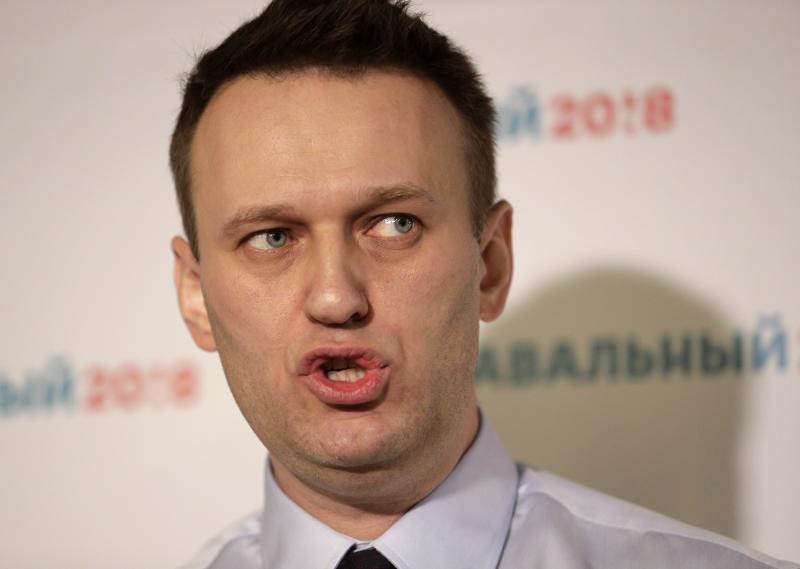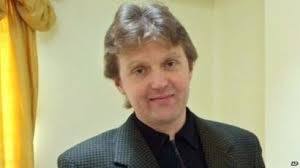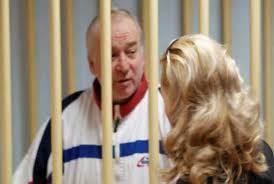
He sipped through a cup of tea, in a café at the airport, amongst some of his ‘ close allies’. Perhaps, talking politics and the need to change Russia.
But, a few minutes later, Alexei Navalny, a Russian opposition leader, started experiencing excruciating pain.
He cried in pain, aboard a plane en route Moscow from Tomsk in Siberia forcing the pilots to make an emergency landing
According to the international media reports, President Vladimir Putin’s biggest critic’s tea was spiked, by people sent by the government to kill him.
SEE ALSO: Kremlin critic Navalny too unwell to be moved from Siberian hospital: doctor
The Thursday night event, prompted a series of protests online and in the streets in Russia, as the opposition chief remains in a comma as he battles for his life in the Intensive Care Unit.
The latest twist that has raised eyebrows was when the government made a U-turn on the flying of Navalny,44 blocked attempts to fly him to Germany for specialized treatment.
Just 15 minutes to the flight that was sanctioned by Russian authorities, another directive came up, stopping the transportation.
Yulia, Navalny’s wife, and mother of his two children believe that the delay in transport is to allow the toxin to reduce to levels that would not be detected after he is moved.
“That means his supporters will never be able to confirm that he was poisoned, or what he was poisoned with,” she said.
- READ MORE
- Gravely ill Kremlin critic Navalny is evacuated to Germany for treatment
- Minister resigns for breaching restrictions
- Kremlin critic Navalny too unwell to be moved from Siberian hospital: doctor
- PizzaExpress to close down 73 UK outlets as rental costs turn unviable
SEE ALSO: China grants country’s first COVID-19 vaccine patent
On the other side, the chief doctor in Omsk, Alexander Murakovsky, denies any knowledge of poison in Navalny’s body.
“We cannot allow for the patient to be transported even under the responsibility of relatives unless the patient’s clinical condition is stable,” he said.
“His current state causes our concern in relation to transportation. If he was moved ‘anything can happen including the saddest thing possible, “he adds as quoted by one of the Russian media outlets.
But, this is not the first case of poisoning by Russian state agents.

Fourteen years ago, Alexander Litvinenko, a British-naturalised Russian defector and former officer of the Russian FSB secret service who specialised in tackling organized crime, was killed in unclear circumstances.
SEE ALSO: Sancho going nowhere, says Dortmund chief Watzke
The former spy died from a radioactive substance, polonium-210, on November 23, 2006.
The lethal weapon is also believed to have been administered in a cup of tea.

Before the assassination, the 43-year old was accused by the Russian government, of double-dealing. He later fled to England where he found more freedom to be a fierce critic of his government.
The BBC reports that t is alleged that Litvinenko was investigating Spanish links to the Russian mafia, and had planned to fly to Spain with former agent Andrei Lugovoi – the main suspect in his murder.
At a certain London hotel on November 1st, 2006, he took tea with Lugovoi and Dmitri Kovtun, who was also a former Russian agent.
Thereafter, Litvinenko fell ill and spent the night vomiting. Three days later he was admitted to the hospital where his condition worsened.
On November 11, he was interviewed by the BBC Russian Service and said he was in a “very bad shape” after a “serious poisoning”.
Litvinenko – a critic of the Putin regime – also revealed that he had been looking into the assassination of Russian journalist Anna Politkovskaya, who had received death threats before being shot at her Moscow apartment block.
On November 17, 2006, he was transferred to University College Hospital. He died six days later, with his wife Marina, and son Anatoli at his bedside.
Similarly, two years ago, Sergei Skripal, a former double agent, and his daughter, Yulia, were also victims of poisoning.
They said that the spiking happened after they came into contact with a deadly Soviet-era nerve agent known as Novichok.
Recently, Pyotr Verzilov, a member of the Pussy Riot protest group, also accused the Russian military intelligence for his suspected poisoning in 2018.
Navalny blames Putin for the poisoning.
“In Russia, operations of this level are not carried out without the consent of the first person,” he said.
